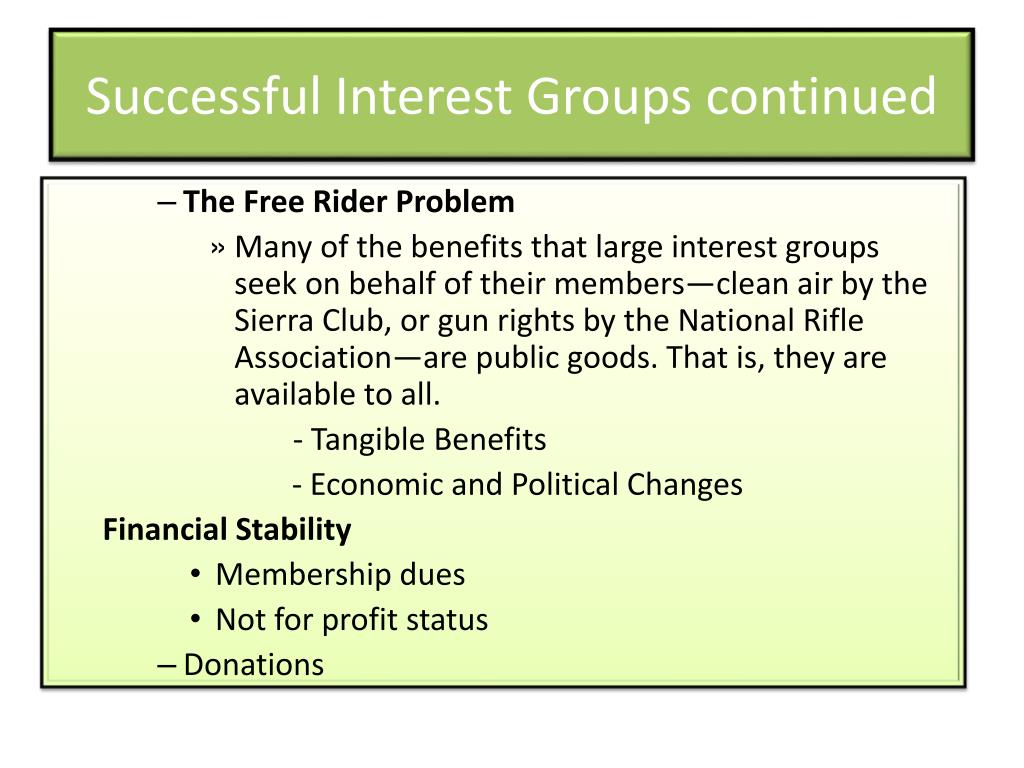
Each man is locked into a system that compels him to increase his herd without limit – in a world that is limited. The essay derived its title from the pamphlet by Lloyd, which he cites, on the over-grazing of common land. In 1968, ecologist Garrett Hardin explored this social dilemma in his article "The Tragedy of the Commons", published in the journal Science. Garrett Hardin's article The Tragedy of the Commons If all herders made this individually rational economic decision, the common could be depleted or even destroyed, to the detriment of all. For each additional animal, a herder could receive additional benefits, while the whole group shared the resulting damage to the commons.

He postulated that if a herder put more than his allotted number of cattle on the common, overgrazing could result. This was the situation of cattle herders sharing a common parcel of land on which they were each entitled to let their cows graze, as was the custom in English villages. In 1833, the English economist William Forster Lloyd published a pamphlet which included a hypothetical example of over-use of a common resource. Men pay most attention to what is their own: they care less for what is common." Lloyd's pamphlet Aristotle wrote that "That which is common to the greatest number gets the least amount of care. The concept of unrestricted-access resources becoming spent, where personal use does not incur personal expense, has been discussed for millennia. Lloyd used shared grazing of common land as an illustration of where abuse of rights could occur. Others have contended that the metaphor is inapposite because its exemplar - unfettered access to common land - did not exist historically, the right to exploit common land being controlled by law.Įxpositions Cows on Selsley Common, UK. Some scholars have argued that over-exploitation of the common resource is by no means inevitable, since the individuals concerned may be able to achieve mutual restraint by consensus.

The concept itself did not originate with Hardin, but extends back to classical antiquity, being discussed by Aristotle. To prevent the inevitable tragedy (he argued) it was necessary to reject the principle (supposedly enshrined in the Universal Declaration of Human Rights) according to which every family has a right to choose the number of its offspring, and to replace it by "mutual coercion, mutually agreed upon". But the principal concern of his essay was overpopulation of the planet.
Free rider problem interest groups free#
As another example he cited a watercourse which all are free to pollute. The metaphor is the title of a 1968 essay by ecologist Garrett Hardin. To exercise voluntary restraint is not a rational choice for any one individual - if he did, the others would merely supplant him - yet the predictable result is a tragedy for all. a pasture, they will tend to over-use it, and may end up by destroying its value altogether. According to the concept, if numerous independent individuals should enjoy unfettered access to a finite, valuable resource e.g.

The tragedy of the commons is a metaphoric label for a concept that is widely discussed in economics, ecology and other sciences.


 0 kommentar(er)
0 kommentar(er)
